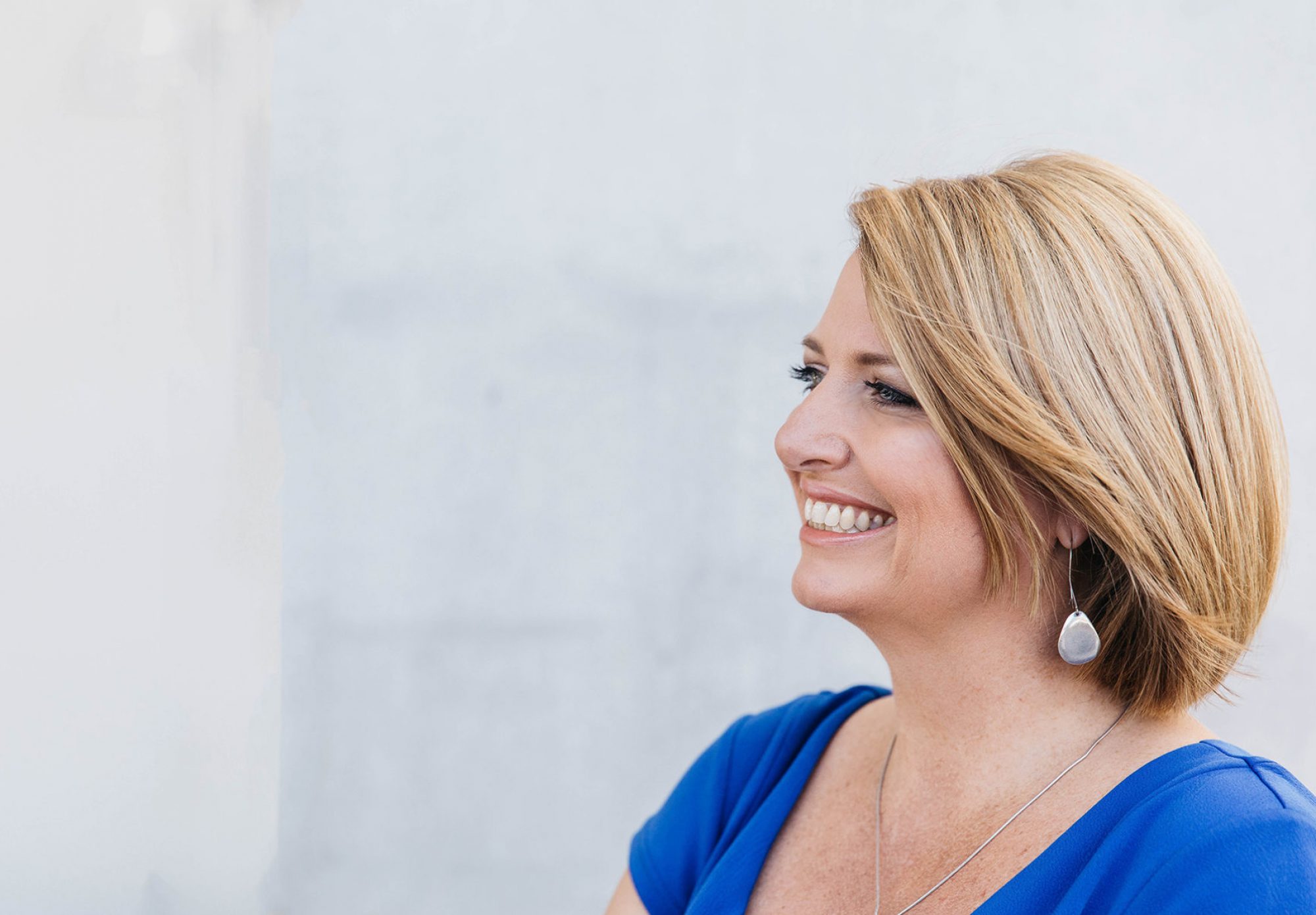I recently joined Steve Vamos, CEO of Xero, Ali Akl, owner of Toby’s Estate, Sam Marciana, Founder & CEO of TIKS, and host and facilitator Rebekah Campbell, as part of the City of Sydney Reboot webinar series, discussing leadership in the post-Covid future.
I asked Steve Vamos three questions. Here they are, with his answers.
How do you build a high-performing, best-talent leadership team?
“At the heart is you – the CEO or business owner, and you have to decide that this is a critical function that you are accountable for. This is one of the challenges I think founders and leaders face. They focus on what they do every day, but as they grow and attract a range of people and talent, all of a sudden they have interesting dynamics and complex challenges as more and more people join the team. And I think that’s really one of the points in the journey where a founder or CEO has to decide whether they really have an interest in being that head coach, a team leader who really is going to care about that aspect of the business.
“You want to make sure everyone on the team is excited and committed to the purpose of your organization. So getting clarity of purpose, and aligning each person on the team, is important. I think then you look at the priorities, and the value of behaviours, and really make sure that the kind of work you want to get done fits with the people on your team. On top of that, you’ve got the relationships. But the reason why it’s important is that the more people who deal with you, or deal with people who work with you, who are positive about your environment, the bigger your momentum.”
How do you scale in the growth stage, maybe even ahead of profitability, which Xero has done well?
“If you have a mindset of really looking at the team and coaching the team you’ll find that your operating model, particularly in those early years of a new business, almost runs out of steam every six to nine months. So what happens is you appoint certain people into different roles, you decide on the way you’re going to operate. And that serves you really well for six months, and then around the ninth month, you discover that the role is now outgrowing the person who’s in it, or the way your business has evolved means the way you’ve been operating has to change again. Our operating model at Xero is still evolving, I think pretty much on an annual basis. So if you’re growing fast, that is the challenge of growth. You always have to be open-minded about needing different capabilities, or needing to change the way you’re operating.”
What’s your advice about finding the right partners and distribution channels? How do you go about evaluating that? How important is that to strategy?
“It’s super important. And you know, I think a big part of the magic of Xero and what it’s accomplished has been the phenomenal partnership with accountants and bookkeepers, then the work that was put into connecting with banks and getting them engaged, and they’ve been great supporters, as well of our collective customers, joint customers, and making sure that they can leverage what Xero has, and get that really working for them.
“So it is in our DNA. I think it comes down to strategy first and foremost. There has to be a good reason for pursuing partnerships because they have to be meaningful for you and for the partner. So you’ll learn very quickly whether or not you’re barking up the right tree or the wrong tree. Sometimes mistakes can lead to great outcomes, because they can probably point you in a better direction.
“So have a look at your strategy, and then from there, it’s a very human dynamic of connecting, testing, learning and adapting.
“Now, there’s no reason why you can’t start to think global about reaching customers. And you also have these amazing platforms you can leverage that reduce that cost of getting going, getting started. And what I love seeing is the way the Australian tech industry is continuing to grow and evolve with awesome businesses and entrepreneurs. That’s super-inspiring to see those successes and that development.”
Great insights from Steve, and a great opportunity to share these, and something of Digivizer’s own journey, with the audience.
